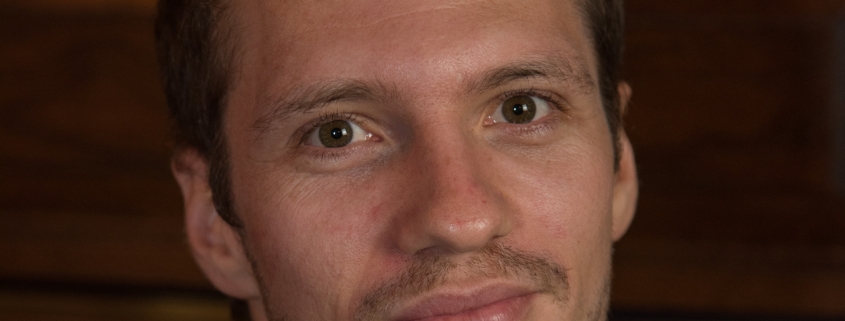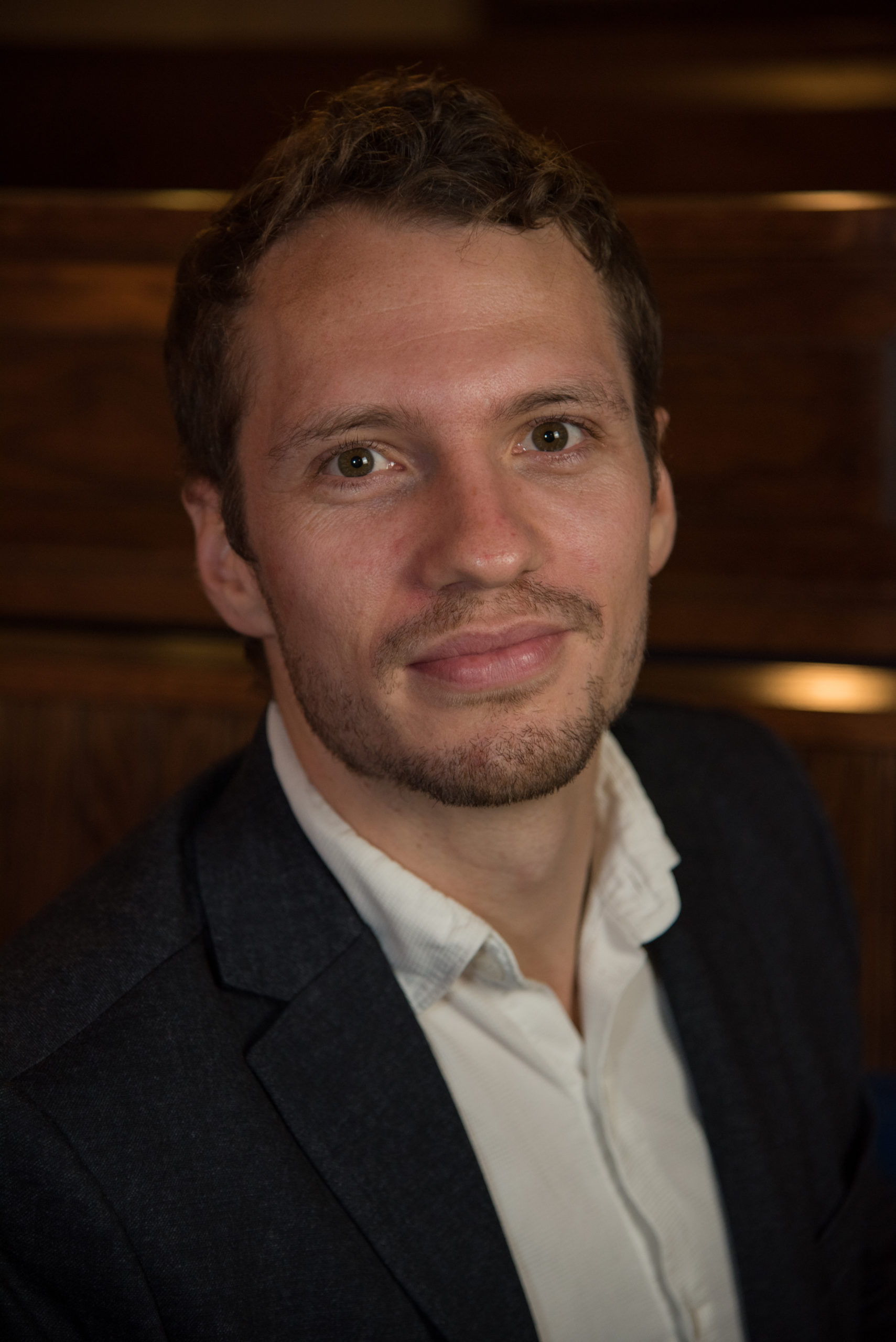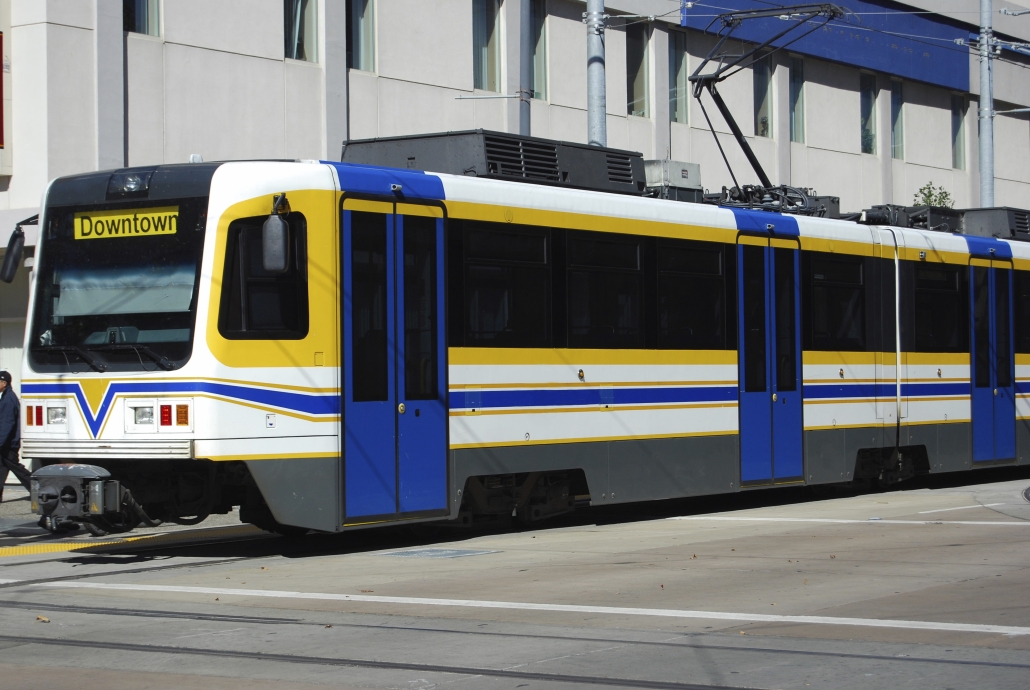
Working from home has become the “new normal” for employees around the world. In the post-pandemic work environment, telework may continue to play a role in minimizing carbon emissions from single occupancy vehicle commutes. How can we maximize the potential of virtual work? In this webinar, Joseph Sherlock of the Center for Advanced Hindsight at Duke University and Dr. Ashley Whillans of Harvard Business School will share insights from their research about how commute habits have changed in response to work from home orders, and how teleworking has affected life and work. Together, they will share insights about how a better understanding of behavioral science can improve virtual work. They will also share behavioral principles to encourage employees to opt-in to virtual work when going back to the office starts to become the reality. Finally, they will discuss strategies for improving uptake of alternative forms of transportation post-COVID.
Speakers:
Ashley Whillans (awhillans@hbs.edu), PhD., Assistant Professor, Harvard Business School
Joseph Sherlock (jjs92@duke.edu), Applied Behavioral Researcher, Center for Advanced Hindsight
Brianne Eby, Senior Policy Analyst, Eno Center for Transportation
Download the Slides
Watch the Recording:
 Joseph Sherlock is an Applied Behavioral Researcher at the Center for Advanced Hindsight. He is currently on an extended secondment (sabbatical) from central government in the UK where he is a Principal Behavioural Scientist with HM Revenue and Customs. At the Center, he leads the Government Team which focuses on using behavioral science to bring innovation into civic society. He has previously worked at the Behavioural Insights Team in Public Health, as a Branding Consultant for Clear M&C Saatchi, and has co-founded a behavioral and wellbeing science consultancy. Joseph has run 50+ RCTs with governments across the world and has a wealth of experience applying behavioral science and human-centered design to difficult behavioral challenges, mostly in the sustainability, transportation, tax, financial decision making and health arenas. Joseph has a First Class Psychology degree from the University of Bath and holds an MSc in Social Policy from The London School of Economics.
Joseph Sherlock is an Applied Behavioral Researcher at the Center for Advanced Hindsight. He is currently on an extended secondment (sabbatical) from central government in the UK where he is a Principal Behavioural Scientist with HM Revenue and Customs. At the Center, he leads the Government Team which focuses on using behavioral science to bring innovation into civic society. He has previously worked at the Behavioural Insights Team in Public Health, as a Branding Consultant for Clear M&C Saatchi, and has co-founded a behavioral and wellbeing science consultancy. Joseph has run 50+ RCTs with governments across the world and has a wealth of experience applying behavioral science and human-centered design to difficult behavioral challenges, mostly in the sustainability, transportation, tax, financial decision making and health arenas. Joseph has a First Class Psychology degree from the University of Bath and holds an MSc in Social Policy from The London School of Economics. Ashley Whillans is an assistant professor in the Negotiation, Organizations & Markets Unit, teaching the Motivation and Incentives course to MBA students. Broadly, she studies how people navigate trade-offs between time and money. Her ongoing research investigates whether and how intangible incentives, such as experiential and time-saving rewards, affect employee motivation and well-being. In both 2015 and 2018, she was named a Rising Star of Behavioral Science by the International Behavioral Exchange and the Behavioral Science and Policy Association. In 2016, she co-founded the Department of Behavioral Science in the Policy, Innovation, and Engagement Division of the British Columbia Public Service. Her research has been published in academic journals and popular media outlets including The New York Times, The Wall Street Journal, and The Washington Post. Her first book “Time Smart: How to Reclaim Your Time & Live a Happier Life” will be published by Harvard Business Publishing on October 6, 2020, and is currently available for Pre-Order on Amazon. Professor Whillans earned her BA, MA, and PhD in Social Psychology from the University of British Columbia. Prior to joining HBS, she was a visiting scholar and guest lecturer at the University of Chicago Booth School of Business.
Ashley Whillans is an assistant professor in the Negotiation, Organizations & Markets Unit, teaching the Motivation and Incentives course to MBA students. Broadly, she studies how people navigate trade-offs between time and money. Her ongoing research investigates whether and how intangible incentives, such as experiential and time-saving rewards, affect employee motivation and well-being. In both 2015 and 2018, she was named a Rising Star of Behavioral Science by the International Behavioral Exchange and the Behavioral Science and Policy Association. In 2016, she co-founded the Department of Behavioral Science in the Policy, Innovation, and Engagement Division of the British Columbia Public Service. Her research has been published in academic journals and popular media outlets including The New York Times, The Wall Street Journal, and The Washington Post. Her first book “Time Smart: How to Reclaim Your Time & Live a Happier Life” will be published by Harvard Business Publishing on October 6, 2020, and is currently available for Pre-Order on Amazon. Professor Whillans earned her BA, MA, and PhD in Social Psychology from the University of British Columbia. Prior to joining HBS, she was a visiting scholar and guest lecturer at the University of Chicago Booth School of Business.




